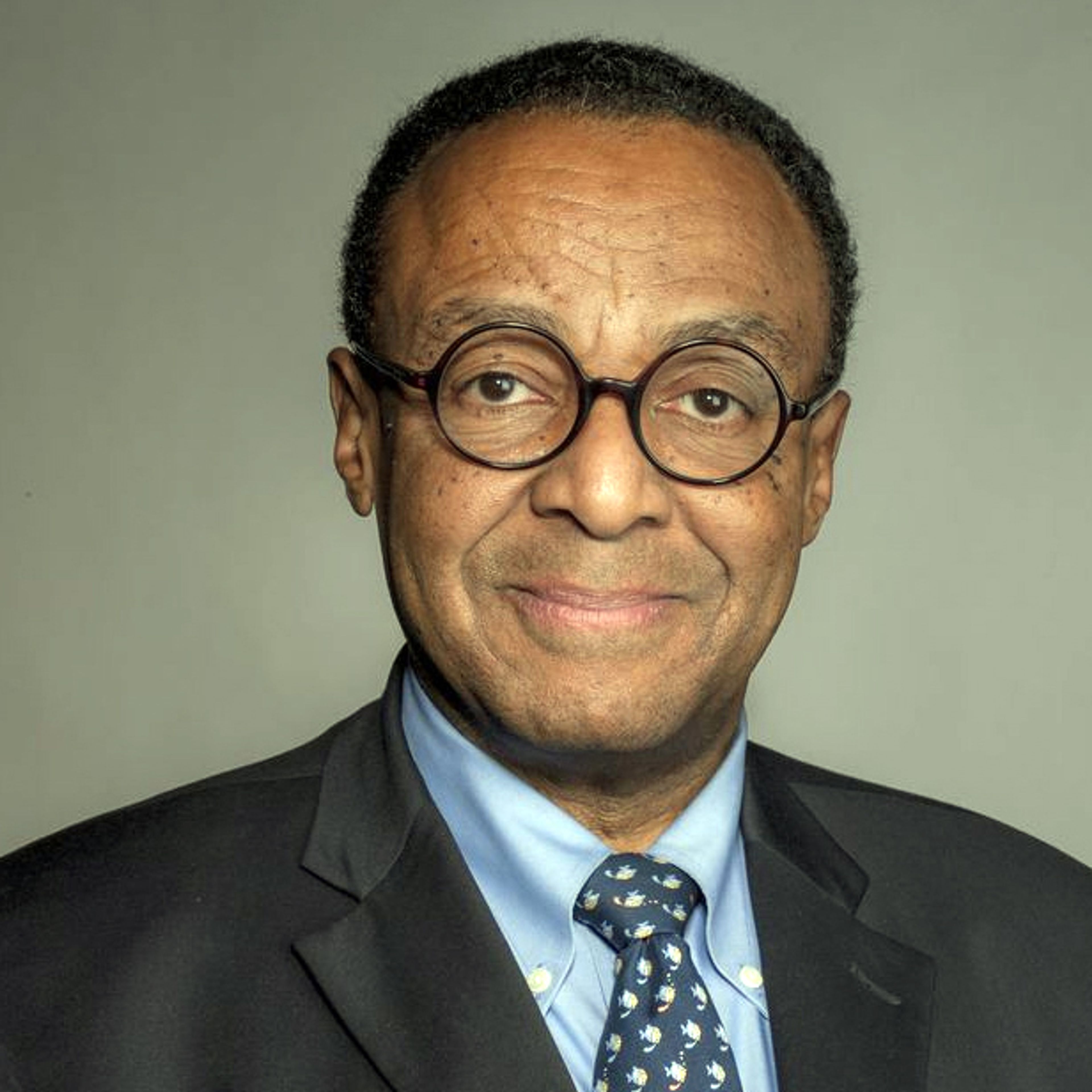OPINION: Higher education needs to pass a crucial test
Guest Editorial: Another Newspaper’s Opinion
This editorial was published in the Yakima Herald-Republic.
———
A college degree used to be a golden ticket to the best seats in American society.
With a basic, four-year bachelor’s degree, finding a decent-paying job was all but a given. And each framed certificate came with a certain amount of respect — you’d made the grade, passed all the tests. You were a grown-up professional now.
More important than all that, though, a degree conferred the acknowledgement that you’d gained some deeper understanding of the world. In addition to completing the courses required for your major, you’d have been exposed to a range of information and ideas about history, language, math — maybe economics, philosophy, psychology.
So when they handed you that piece of paper, the understanding was that you were leaving the hallowed halls of learning as a wiser, better-rounded individual than what you were when you came in.
But somewhere along the way, it all began to change. The questions on the tests no longer had the same answers.
Now, driven in part by staggering tuition costs that leave students in debt for years after graduation and dizzying changes to what employment means, four-year schools are watching enrollments decline. Earlier this month, Jim Wohlpart, president of Central Washington University in Ellensburg, noted in his State of the University address that this year’s incoming freshman class is slightly larger than last year’s but still misses the school’s target.
At the same time, registration lines are getting longer at trade schools, where tuition is significantly cheaper and students can emerge with skills that immediately open doors to lucrative jobs with good benefits. Who wants to hear what some ancient Greek philosopher thought about the world when you can make $75,000 a year working for a tech firm?
And seriously, after you get that English literature degree, what will you do for a living?
The shift has put higher demand on local schools like Yakima Valley College and Perry Technical Institute, and it has four-year institutions rethinking everything from recruiting to curriculum.
Maybe all this is healthy: a thorough reexamination of our educational and cultural values.
Perhaps universities should take a hard look at what subjects are the most useful to students, not just the most prestigious. What benefits do courses examining the origins of the world’s major religions truly offer? What’s the point of social studies when the demand for workers with mechanical and technical skills is so acute?
But consider this: While learning to write computer codes, operate heavy equipment or install HVAC is certainly honorable work that’s helping build the national economy, the country has other needs, too.
It’s troublesome to imagine a world where no one knows much about history, has no idea who the vice president is, can’t find Ukraine on a map, doesn’t understand how children learn and can’t appreciate the emotion of a van Gogh painting.
It’s distressing to think of a society that has no use for books, for reason — or for critical thinking.
So while it’s logical and understandable for students to forego universities and focus on more immediate results, we hope lawmakers and educators will redouble their efforts to move aside the current barriers to higher education.
Because there really is more to life than merely finding a job.
TNS








